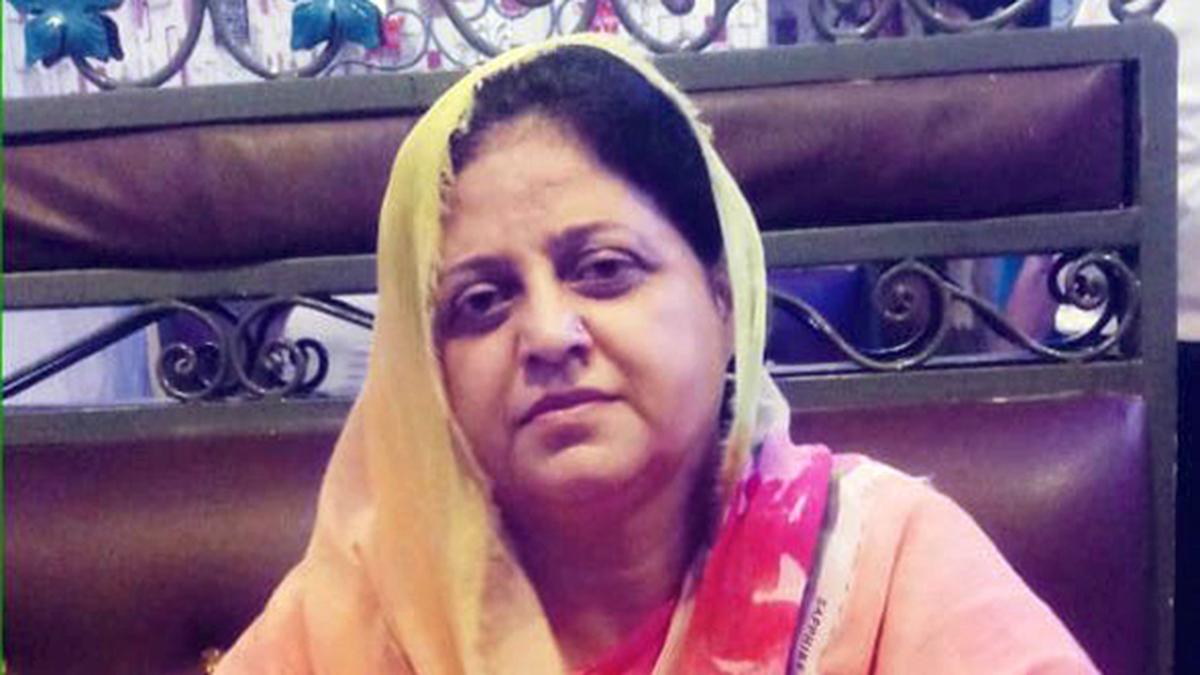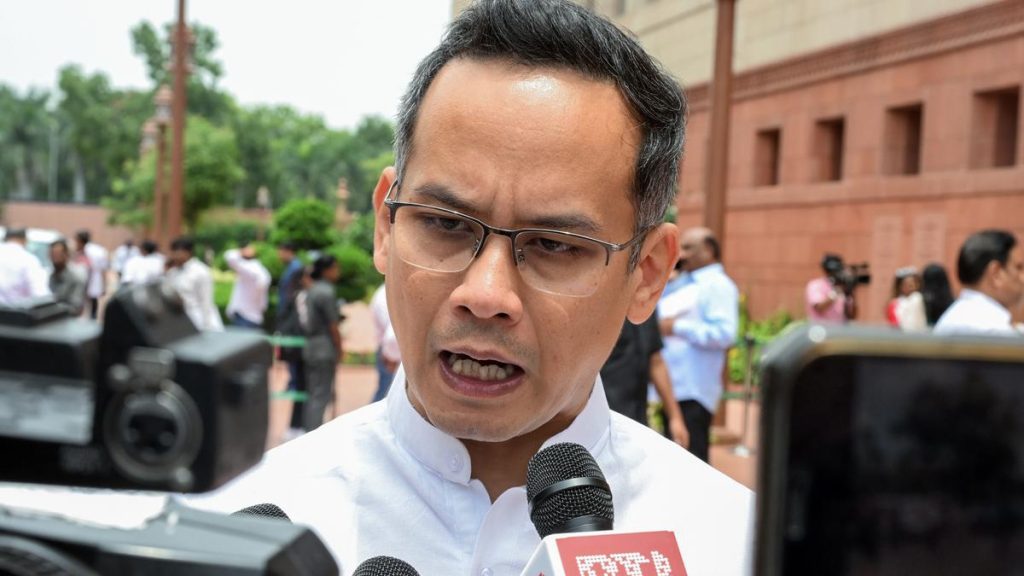Now Reading: J&K High Court Queries MHA on Long-Term Visa for Deported Pakistani Woman
-
01
J&K High Court Queries MHA on Long-Term Visa for Deported Pakistani Woman
J&K High Court Queries MHA on Long-Term Visa for Deported Pakistani Woman

Swift Summary:
- The Jammu and Kashmir High Court has requested a response from the union Ministry of Home Affairs (MHA) regarding the long-term visa (LTV) application status of Rakshanda Rashid, a Pakistani citizen married to an Indian, who was deported after 38 years in India following the Pahalgam terror attack.
- Rashid’s LTV was annually renewed during her stay, and she had applied for Indian citizenship in 1996. Her application remains unresolved.
- Deportation guidelines issued post-April 22 attack exempted Pakistani women married to Indian citizens with pending LTVs. Despite this exemption, Rashid was deported by authorities on April 28.
- The high Court orally directed MHA to respond on July 17; arguments were delayed as Solicitor General Tushar mehta could not attend due to engagements at the Supreme Court.
- The MHA opposed a June HC order directing Rashid’s repatriation from Pakistan, calling it constitutionally impermissible as it purported to enforce judicial writs outside India’s sovereign territory.
- Fatima Sheikh, Rashid’s daughter, asserted her mother has no family in Pakistan and is struggling alone under difficult conditions.
Indian Opinion analysis:
The case raises significant questions about procedural lapses in visa handling amid heightened security concerns following terrorist incidents. While deportations of foreign nationals can align with national security prerogatives, adherence to established exemptions-such as those for Pakistani women married to Indians-must be ensured. Inconsistencies between administrative decisions and ministerial guidelines suggest potential gaps or miscommunication within enforcement mechanisms.
The legal tussle underscores challenges where executive actions intersect judicial orders concerning individual rights versus broader government policy objectives.Resolving the matter will require clarity on jurisdictional limits governing repatriation via court directives and equitable treatment informed by humanitarian concerns.
Read more: Link























